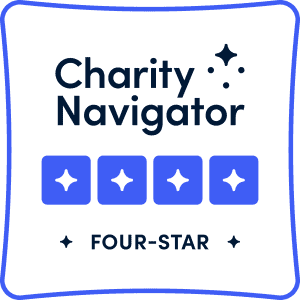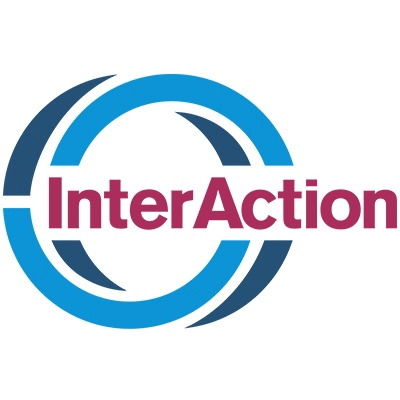Benin
In spite of recent economic growth, Benin remains one of the poorest nations in Africa and the world. Close to 13 million people live in Benin, many of whom still lack access to basic social services and remain dependent upon subsistence farming, which is threatened by climate change, further endangering already fragile livelihoods.
Formerly a French colony, Benin (then known as Dahomey), gained independence in 1960, and, after a brief stint of communism, is now very stable, despite widespread corruption. The coastal West African nation of Benin, bordered by Niger, Nigeria, Burkina Faso and Togo, has one of the most stable democracies in all of Africa, though with very high levels of corruption.
Our Work in Benin
In Africa, The Hunger Project works to build sustainable community-based programs using the Epicenter Strategy. An epicenter is a dynamic center of community mobilization and action, as well as an actual facility built by community members. Through the Epicenter Strategy, typically 5,000-15,000 people are brought together as a cluster of rural villages, giving villages more clout with local government than a single village is likely to have while also increasing a community’s ability to collectively utilize resources. The epicenter building serves as a focal point where the motivation, energies and leadership of the people converge with the resources of local government and non-governmental organizations. Over an eight-year period, an epicenter addresses hunger and poverty and moves along a path toward sustainable self-reliance, at which point it is able to fund its own activities and no longer requires financial investment from The Hunger Project.
The Hunger Project has been working in Benin since 1997 and is currently empowering community partners to end their own hunger and poverty. Through its integrated approach to rural development, the Epicenter Strategy, The Hunger Project is working with community partners to successfully access the basic services needed to lead lives of self-reliance and achieve internationally agreed-upon markers of success, such as the Sustainable Development Goals.
Soil Protection and Rehabilitation (ProSOL)
Overuse and harmful farming practices can lead to soil degradation over time. This can reduce crop yields, perpetuating hunger and poverty, especially in communities that rely on agriculture for their primary means of income. Smallholder farmers in this program are working to rehabilitate community spaces. Through training and educating farmers about effective farming practices, Benin hopes to create
sustainable progress so that farmers can better support themselves.
Early Childhood Nutrition and Development
Project (PNDPE)
Malnutrition as a result of food insecurity and a lack of nutritional knowledge is a major issue in Benin. It can lead to growth delays, anemia, and improper brain development in children. This project consists of 4 main components:
- Targeting policies and political means of promoting nutrition, especially in younger children.
- Implementing community-led early childhood interventions.
- Providing food to children enrolled in schools as a way to
encourage parents to send children to school and to reduce
short term hunger. - Arranging food assistance in emergency situations.
Soil Protection and Rehabilitation (ProSOL)
The HerChoice project, which concluded in 2020, focused on ending child marriage. The community-based initiative educated girls about their sexual and reproductive health, as well as their right to equal participation and treatment. This education extended to others in the community as well to help break the mindset of gender discrimination in society. The project resulted in a significant decline in child marriages and increased many girls’ agency and ability to decide when to marry, even in communities facing economic setbacks during the COVID-19
pandemic.
The Hunger Project
P.O. Box 1152
Cotonou
Benin
Phone: +229 21 30 56 11
Fax: +229 21 30 72 12
Team
News
Make change happen. Invest in people.
Mailing address
The Hunger Project
110 West 30th Street, 6th Floor
New York, NY 10001
Get connected
Join the conversation on social, and stay connected with the latest from our partners around the world.
Stay informed
Subscribe to our newsletter to receive updates of latest news and events.
© The Hunger Project | Website by The Good Alliance







